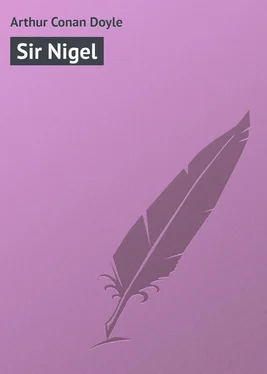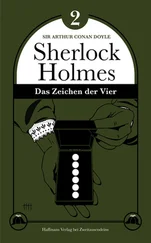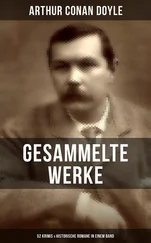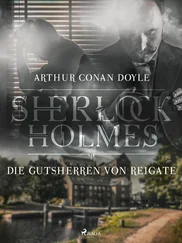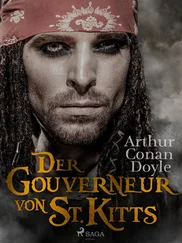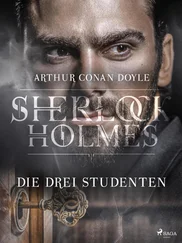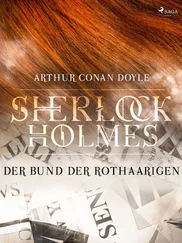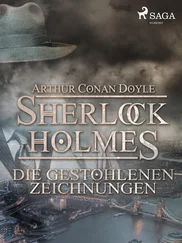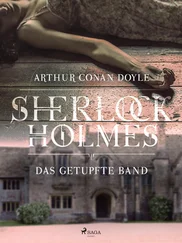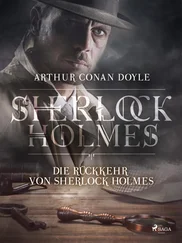With his high and noble bearing, his simple yet rich attire and his splendid mount, he looked every inch a King.
The picture of gallant man on gallant horse was completed by the noble Falcon of the Isles which fluttered along some twelve feet above his head, "waiting on," as it was termed, for any quarry which might arise. The second bird of the cast was borne upon the gauntleted wrist of Raoul the chief falconer in the rear.
At the right side of the monarch and a little behind him rode a youth some twenty years of age, tall, slim and dark, with noble aquiline features and keen penetrating eyes which sparkled with vivacity and affection as he answered the remarks of the King. He was clad in deep crimson diapered with gold, and the trappings of his white palfrey were of a magnificence which proclaimed the rank of its rider. On his face, still free from mustache or beard, there sat a certain gravity and majesty of expression which showed that young as he was great affairs had been in his keeping and that his thoughts and interests were those of the statesman and the warrior. That great day when, little more than a school-boy, he had led the van of the victorious army which had crushed the power of France and Crecy, had left this stamp upon his features; but stern as they were they had not assumed that tinge of fierceness which in after years was to make "The Black Prince" a name of terror on the marches of France. Not yet had the first shadow of fell disease come to poison his nature ere it struck at his life, as he rode that spring day, light and debonair, upon the heath of Crooksbury.
On the left of the King, and so near to him that great intimacy was implied, rode a man about his own age, with the broad face, the projecting jaw and the flattish nose which are often the outward indications of a pugnacious nature.
His complexion was crimson, his large blue eyes somewhat prominent, and his whole appearance full-blooded and choleric. He was short, but massively built, and evidently possessed of immense strength. His voice, however, when he spoke was gentle and lisping, while his manner was quiet and courteous. Unlike the King or the Prince, he was clad in light armor and carried a sword by his side and a mace at his saddle-bow, for he was acting as Captain of the King's Guard, and a dozen other knights in steel followed in the escort. No hardier soldier could Edward have at his side, if, as was always possible in those lawless times, sudden danger was to threaten, for this was the famous knight of Hainault, now naturalized as an Englishman, Sir Walter Manny, who bore as high a reputation for chivalrous valor and for gallant temerity as Chandos himself.
Behind the knights, who were forbidden to scatter and must always follow the King's person, there was a body of twenty or thirty hobblers or mounted bowmen, together with several squires, unarmed themselves but leading spare horses upon which the heavier part of their knights' equipment was carried. A straggling tail of falconers, harbingers, varlets, body-servants and huntsmen holding hounds in leash completed the long and many-colored train which rose and dipped on the low undulations of the moor.
Many weighty things were on the mind of Edward the King. There was truce for the moment with France, but it was a truce broken by many small deeds of arms, raids, surprises and ambushes upon either side, and it was certain that it would soon dissolve again into open war. Money must be raised, and it was no light matter to raise it, now that the Commons had once already voted the tenth lamb and the tenth sheaf. Besides, the Black Death had ruined the country, the arable land was all turned to pasture, the laborer, laughing at statutes, would not work under fourpence a day, and all society was chaos. In addition, the Scotch were growling over the border, there was the perennial trouble in half-conquered Ireland, and his allies abroad in Flanders and in Brabant were clamoring for the arrears of their subsidies.
All this was enough to make even a victorious monarch full of care; but now Edward had thrown it all to the winds and was as light-hearted as a boy upon a holiday. No thought had he for the dunning of Florentine bankers or the vexatious conditions of those busybodies at Westminster. He was out with his hawks, and his thoughts and his talk should be of nothing else. The varlets beat the heather and bushes as they passed, and whooped loudly as the birds flew out.
"A magpie! A magpie!" cried the falconer.
"Nay, nay, it is not worthy of your talons, my brown-eyed queen," said the King, looking up at the great bird which flapped from side to side above his head, waiting for the whistle which should give her the signal. "The tercels, falconer – a cast of tercels! Quick, man, quick! Ha! the rascal makes for wood! He puts in! Well flown, brave peregrine! He makes his point. Drive him out to thy comrade. Serve him, varlets! Beat the bushes! He breaks! He breaks! Nay, come away then! You will see Master Magpie no more."
Конец ознакомительного фрагмента.
Текст предоставлен ООО «ЛитРес».
Прочитайте эту книгу целиком, купив полную легальную версию на ЛитРес.
Безопасно оплатить книгу можно банковской картой Visa, MasterCard, Maestro, со счета мобильного телефона, с платежного терминала, в салоне МТС или Связной, через PayPal, WebMoney, Яндекс.Деньги, QIWI Кошелек, бонусными картами или другим удобным Вам способом.
